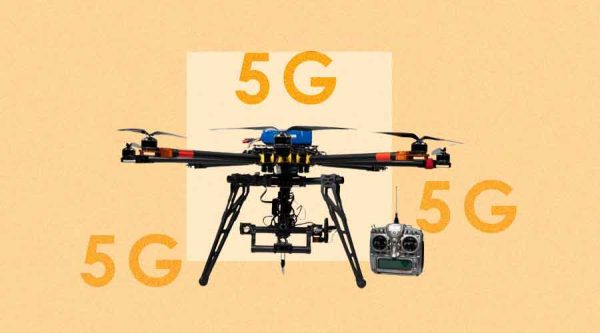
“Futuristic AI Gaming Consoles: Unveiling the Next Level of Gaming Experience”
Intro
Embark on a journey into the future of gaming as we unveil the transformative power of AI in gaming consoles. The convergence of artificial intelligence and gaming technology heralds a new era, promising immersive experiences, adaptive gameplay, and the evolution of virtual entertainment. AI-powered gaming consoles are not merely devices; they are gateways to personalized, responsive gaming ecosystems. This article delves into the cutting-edge features that redefine the gaming landscape, exploring how AI dynamically shapes gameplay, enhances graphics, and sets the stage for a revolutionary fusion of technology and entertainment. Join us as we take a glimpse into the future, where gaming transcends boundaries, offering an unparalleled and individualized experience for every player.
The Fusion of AI and Gaming:
Traditionally, gaming consoles have relied on powerful hardware to deliver cutting-edge graphics and processing capabilities. However, the integration of artificial intelligence brings a new dimension to gaming. AI-powered gaming consoles leverage machine learning algorithms to adapt and respond dynamically to player behavior, creating a more personalized and engaging gaming environment.
Adaptive Gameplay:
AI algorithms embedded in gaming consoles can analyze a player’s style, preferences, and skill level in real-time. This analysis allows the console to adapt the gameplay experience, offering tailored challenges, adjusting difficulty levels, and even personalizing in-game narratives. The result is an adaptive and responsive gaming journey that evolves with the player.
Intelligent NPCs and Enemies:
AI enhances the behavior of non-playable characters (NPCs) and enemies within games. These entities can now exhibit more sophisticated decision-making, learn from player strategies, and dynamically adjust their responses. This creates a more immersive and challenging gaming environment where every encounter feels unique and unpredictable.
Immersive Experiences:
AI-driven Graphics Enhancement:
AI is revolutionizing graphics rendering in gaming. Consoles equipped with AI capabilities can employ techniques like real-time ray tracing and upscaling, enhancing visual fidelity and realism. The result is breathtaking, lifelike graphics that immerse players in a virtual world that feels more tangible than ever before.
Voice and Gesture Recognition:
AI-powered gaming consoles are breaking new ground in user interaction. Voice and gesture recognition technologies enable players to control games using natural movements and spoken commands. This hands-free approach adds an extra layer of immersion, allowing players to become more physically involved in the gaming experience.
Future Landscape of the Gaming Industry:
Cloud Gaming and AI Integration:
The synergy between AI and cloud gaming is reshaping the gaming landscape. Cloud-based gaming platforms, coupled with AI, enable seamless streaming of resource-intensive games to lower-powered devices. This democratization of gaming ensures that players can enjoy high-quality gaming experiences without the need for expensive hardware.
Personalized Game Recommendations:
AI algorithms analyze a player’s gaming history, preferences, and behavior to offer personalized game recommendations. This not only helps players discover new titles but also contributes to a more tailored gaming ecosystem, fostering long-term engagement.
Challenges and Considerations:
Ethical AI Use:
The integration of AI in gaming consoles raises ethical considerations, including data privacy, algorithmic bias, and responsible AI use. Striking a balance between innovation and ethical principles is crucial to ensure that AI enhances the gaming experience without compromising user rights.
Development Complexity:
Implementing AI in gaming consoles adds complexity to the development process. Game developers must acquire expertise in AI programming, leading to increased development costs and longer production times. Overcoming these challenges is essential to fully unlock the potential of AI in gaming.
User Accessibility:
As AI becomes integral to gaming consoles, ensuring accessibility for users with diverse needs becomes a critical consideration. Developers must prioritize creating interfaces that accommodate varying levels of technological literacy and ensure that AI-driven features are inclusive. Addressing issues related to user accessibility involves designing intuitive controls, providing clear documentation, and incorporating features that enhance the gaming experience for all users.



